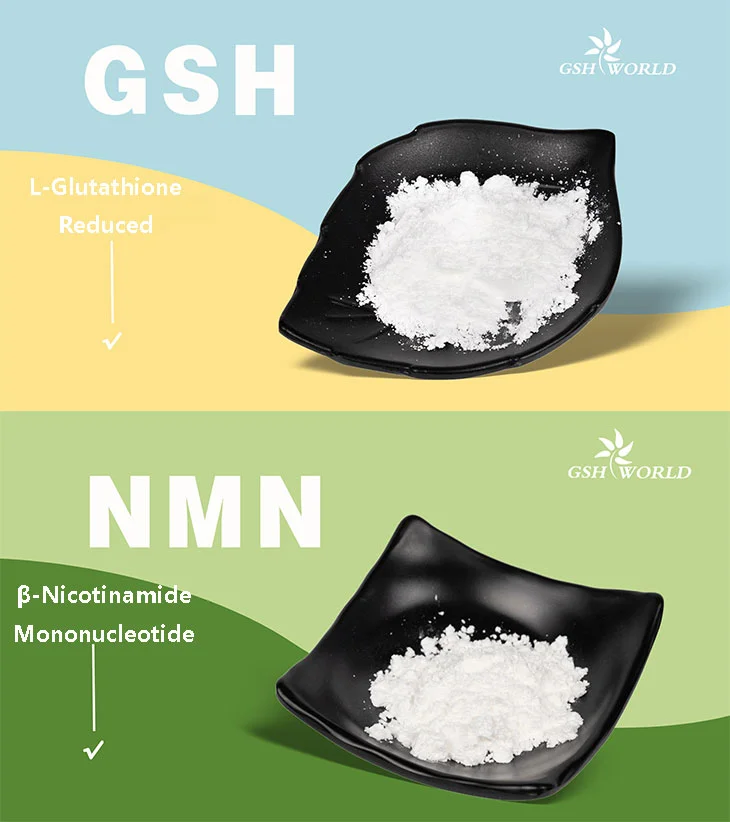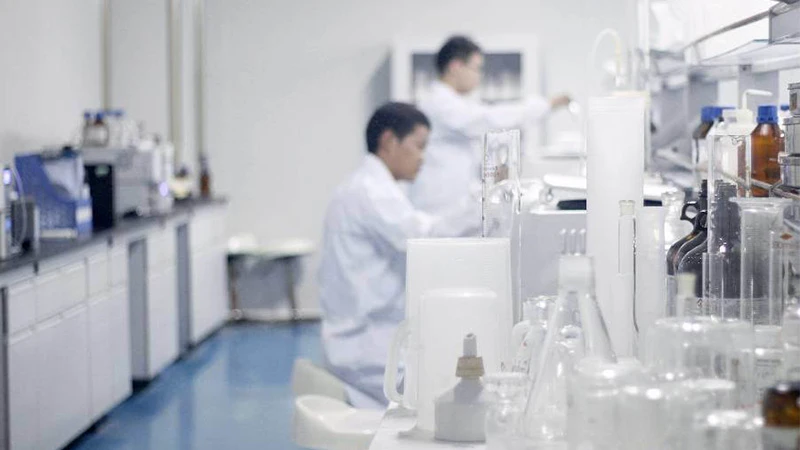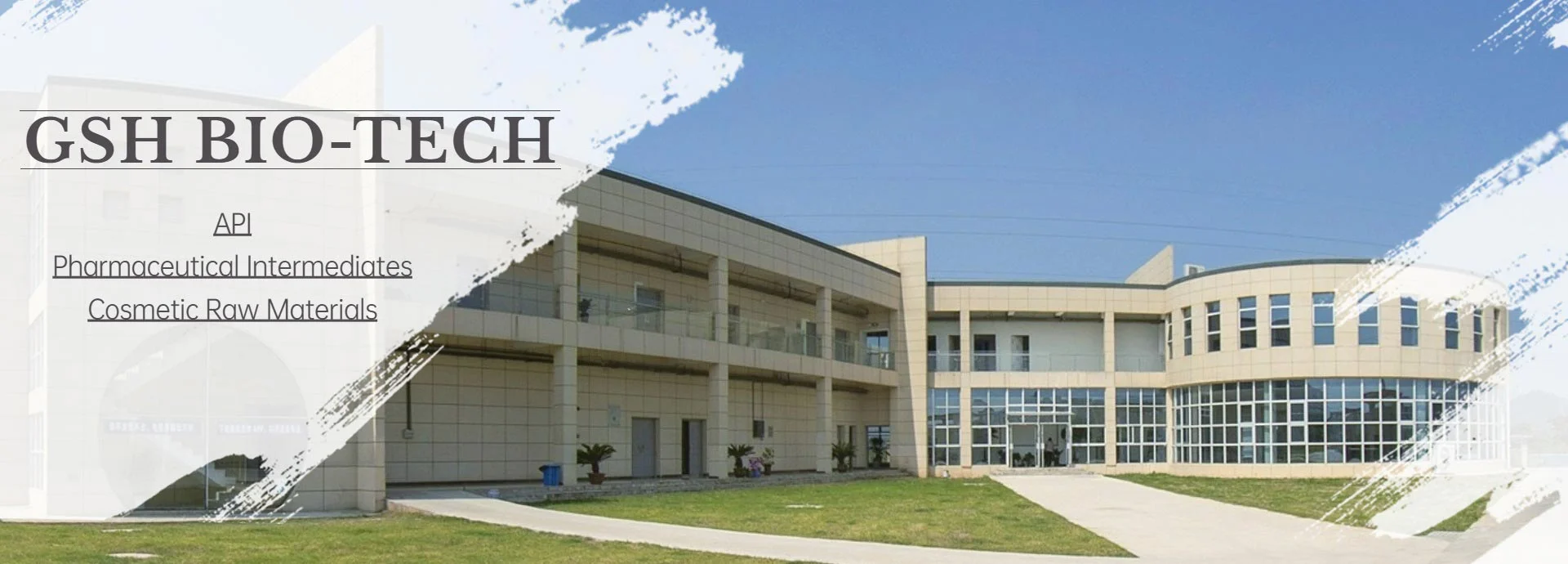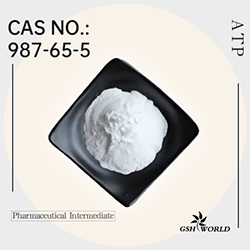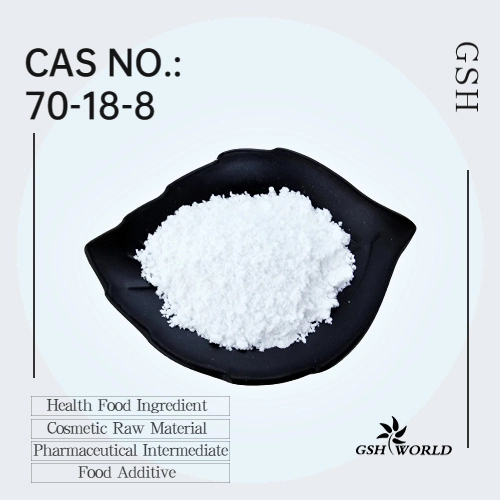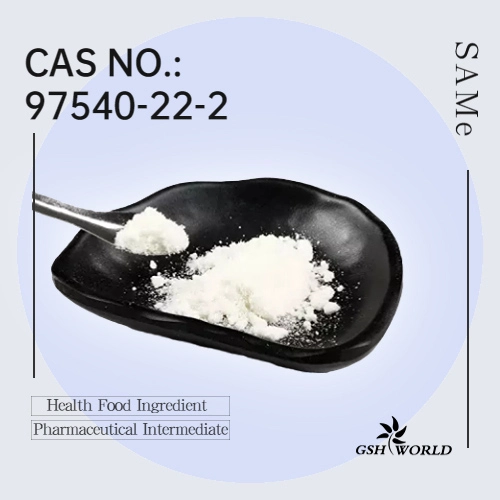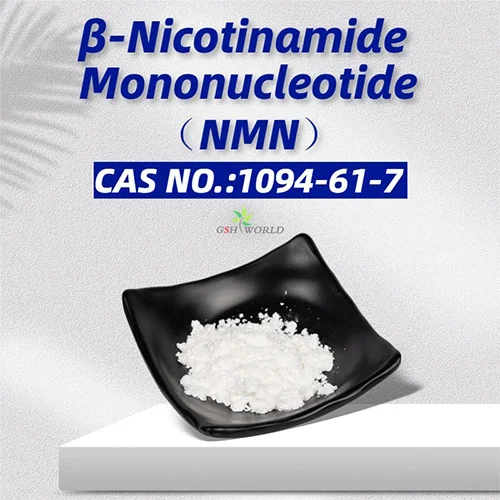The role and application of Adenosine triphosphate
Adenosine triphosphate (ATP) is a nucleotide molecule that plays a major role in metabolism. It is one of the most widely used source of energy in living systems, and plays a pivotal role in the functioning and regulation of metabolic processes in a wide range of organisms, from prokaryotes to plants, animals and humans.
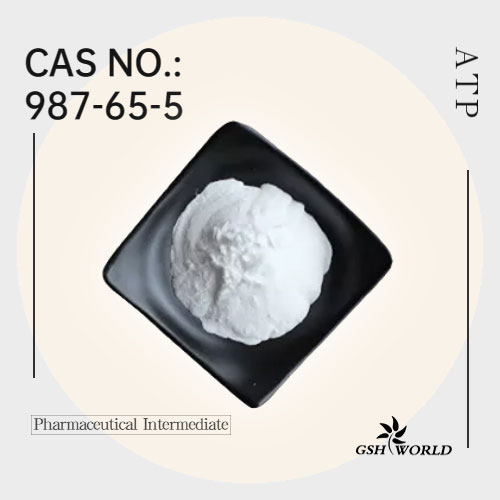
ATP is composed of an adenosine molecule attached to a chain of three phosphate groups. When broken down, this reaction yields one molecule of adenosine and one molecule of pyrophosphate. This energized state of the molecule can be used to perform a variety of metabolic processes.
ATP serves as an energy currency for cells, and provides the energy needed for biochemical reactions. It is important for the production, transport and oxidation of food molecules, as well as for muscle contraction, exchanging signals between cells, and maintaining cell structure.
ATP is synthesized in the body in two steps: first, it is produced in the mitochondria through the process of oxidative phosphorylation, where energy is extracted from the breakdown of food molecules; second, ATP is transported through the cells to carry out its various functions.
ATP can be converted into other forms of energy, including heat and kinetic energy, and acts as a storage mechanism. It can also be used to activate enzymes that catalyze chemical reactions.
In addition to its role in providing energy for biochemical reactions and for the generation of movement, ATP also regulates the activity of genes. It helps cells to coordinate and regulate activities such as growth, response to signals, and immune responses.
In summary, Adenosine triphosphate (ATP) is a nucleotide molecule that is essential for the functioning and regulation of metabolic processes in a wide range of organisms. It functions as an energy currency for cells, and is involved in the production, transport and oxidation of food molecules, as well as for muscle contraction, exchanging signals between cells, and maintaining cell structure. Furthermore, ATP maintains gene activity and helps cells to coordinate and regulate functions such as growth, response to signals, and immune responses.
by GSHWORLD
GSHWORLD is China Biological API Manufacturer. China Adenosine Triphosphate Supplements powder suppliers & best Adenosine Triphosphate benefits raw material Factory.


